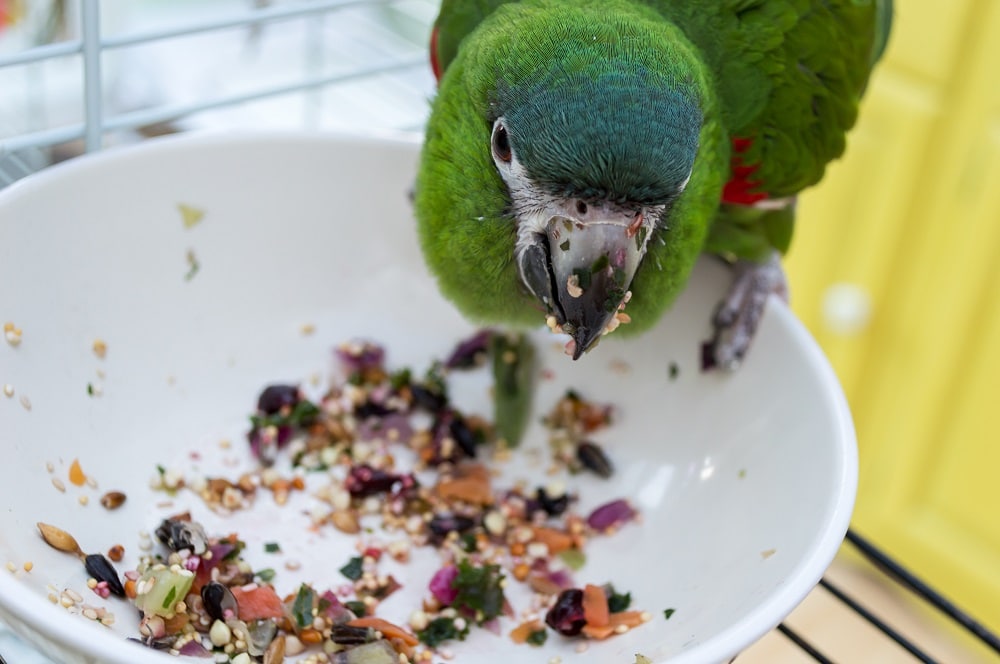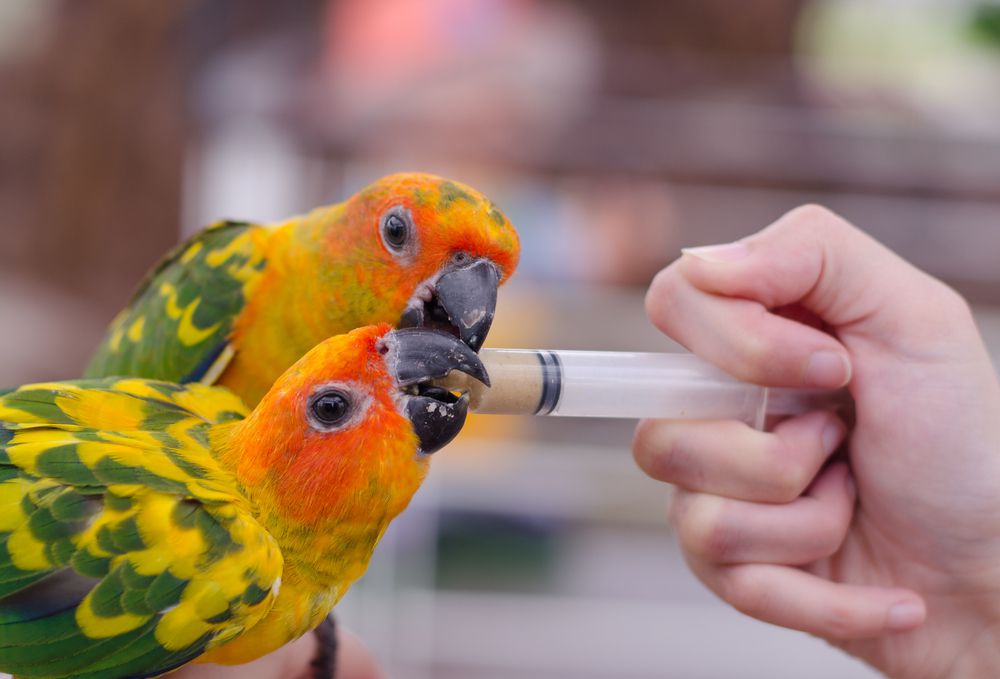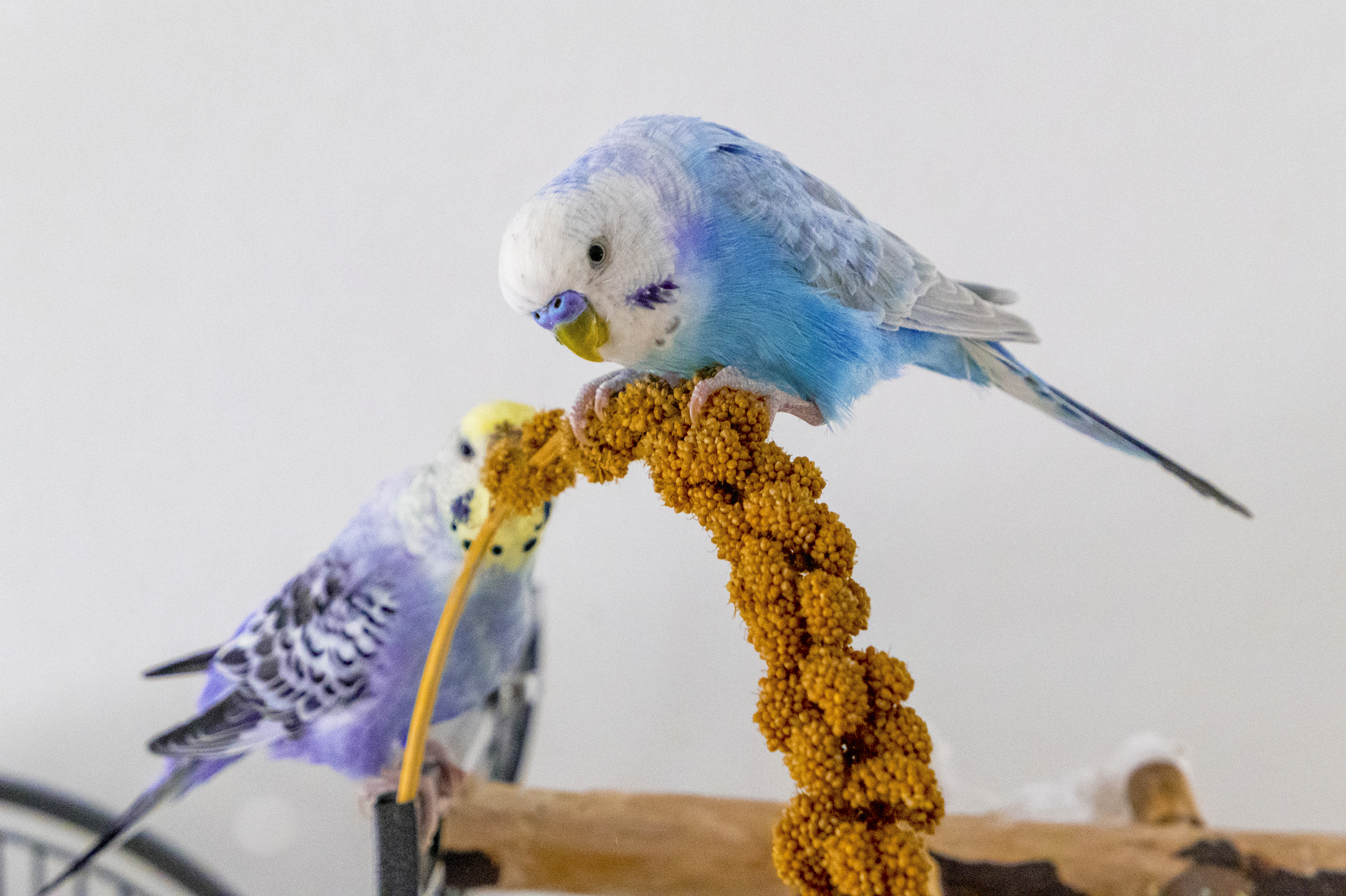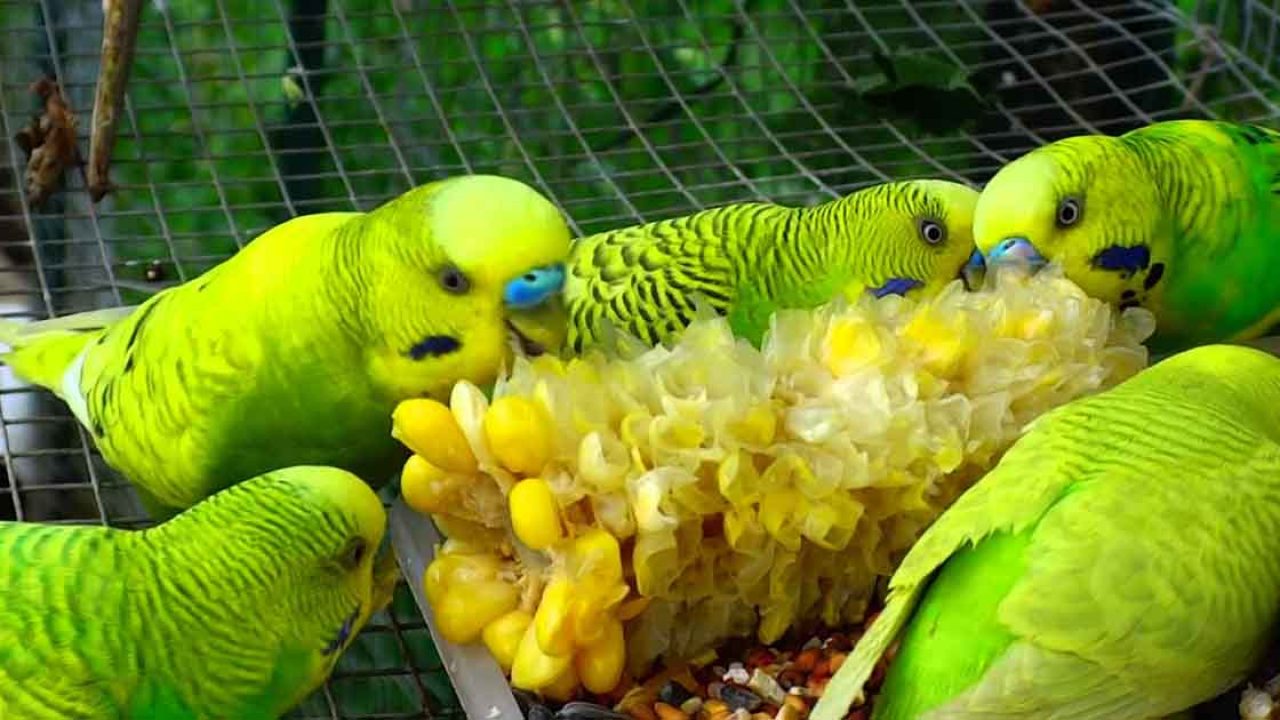Is your pet bird getting all the essential nutrients from its food? Do you know that proper nutrition is very important for your pet bird’s good health? An unbalanced diet is the main cause of diseases and death among pet birds. Do not worry; starting your pet on an appropriately nutritious diet is never too late!

Dietary differences among birds
Different bird species have different dietary needs! For example, North American wild birds such as chickadees, woodpeckers, and hummingbirds do not all eat the same kind of food. According to studies, experts classify birds according to their normal diets. For instance, there are florivores, whose diet consists mainly of plants. There are also granivores, which are birds that eat grains, seeds, and nuts. In addition, frugivores are birds with diets consisting mostly of fruits. Moreover, some pet birds are omnivores whose diets consist of both plant and animal components. There is also a special class of florivores called nectarivores who eat nectar.
Seed-eating birds
You should consider the following tips for your seed-eating bird:
-
We need to offer our companion birds seeds that are high in protein and vitamins, just like the ones found in nature.
-
Wild birds use a large amount of energy while foraging for food. Comparatively, your pet bird uses less energy, so you should give it foods with lesser calorie contents. However, you should make sure that it does not become nutrient-deficient in your attempt to prevent it from becoming overweight!
-
You should offer several types of seeds to your bird to ensure that it gets all the essential nutrients while picking its favorite ones!
Formulated diets for seed-eating birds: Formulated foods are a blend of grains, seeds, vegetables, fruits, and various types of proteins, as well as additional vitamins and minerals. The food is readily available from many pet stores and veterinarians. The ingredients in it are mixed and then baked. This formulated diet may also be in the form of pellets, crumbles, or nuggets. Fortunately, when you give your pet formulated food, it cannot feed on it selectively as it might with seed mixtures. Hence, the risk of nutritional deficiencies decreases a lot! However, you should choose the appropriate food for your bird according to its species and dietary requirements! For instance, macaws require high-fat foods, whereas cockatoos require high-protein foods!

Vegetables and fruits for seed-eating birds: Vegetables are a good source of vitamins, minerals, and carbohydrates and should make up about 15-30% of your pet’s diet. However, providing your bird with various vegetables and fruits high in sugar and moisture is best. You should also thoroughly wash the vegetables and fruits and remove any pits and seeds. Also, remove the uneaten remains of the food to keep its cage clean and prevent the spread of diseases.
Switching your bird from a seed-based diet: It is easier to start a young bird on a varied diet than an older bird for health benefits. Also, when you switch your pet bird’s diet to one based on pelleted foods, you may notice a change in your bird’s droppings, which may appear larger and lighter in color. However, if you see dark-colored droppings, contact your veterinarian.
Non-seed eating birds
Diets for non-seed-eating birds such as Lories and Lorikeets primarily consist of a prepared formula consisting of fruits and flowers. Moreover, it may be fed dry, moist, or in the form of a nectar-like solution. The nectar will then need to be replaced several times daily.
Adding variety and appeal to your pet’s diet
Did you know that birds decide what to eat by sight, texture, and taste? Offer a wide variety of vegetables and fruit to provide a balanced diet. Also, keep their foods in their natural state and be creative by hanging them from the cage top or stuffing them in toys.

Foods to avoid
Some foods are on the do-not-feed list. These include:
-
High-fat junk food such as potato chips and doughnuts!
-
Avocado
-
Chocolate
-
Alcohol or caffeine
-
Fruit pits
-
Persimmons
-
Table salt
-
Onions
-
Apple seeds
-
Mushrooms
Entertaining feeding methods
Try using foraging toys and other methods to enliven your bird’s eating times.
Feeding times
Your bird’s natural feeding times are about half an hour after sunrise and half an hour before sunset, so try sticking to that!
Monitoring intake
You should offer your bird only what it can eat in a day as this will enable you to monitor its food intake. Also, a decrease in food intake may be a sign of illness.
Hygiene
You should wash your pet’s dishes daily and also clean its cage to prevent contamination.

Water
You should give your adorable pet fresh and clean water daily. This is to avoid dehydration that can occur within a day or two if water is unavailable.
Grit
Grit is not counted as food for birds. In fact, if your pet overeats grit, it can impact its digestive system seriously! However, finches and canaries may benefit from a couple of grains of grit every couple of months.
Do not forget to ask your veterinarian for advice if there are any uncertainties. Feeding a balanced and varied diet plays a major role in helping your pet bird live a long and healthy life. Please do not forget to share your comments below!
